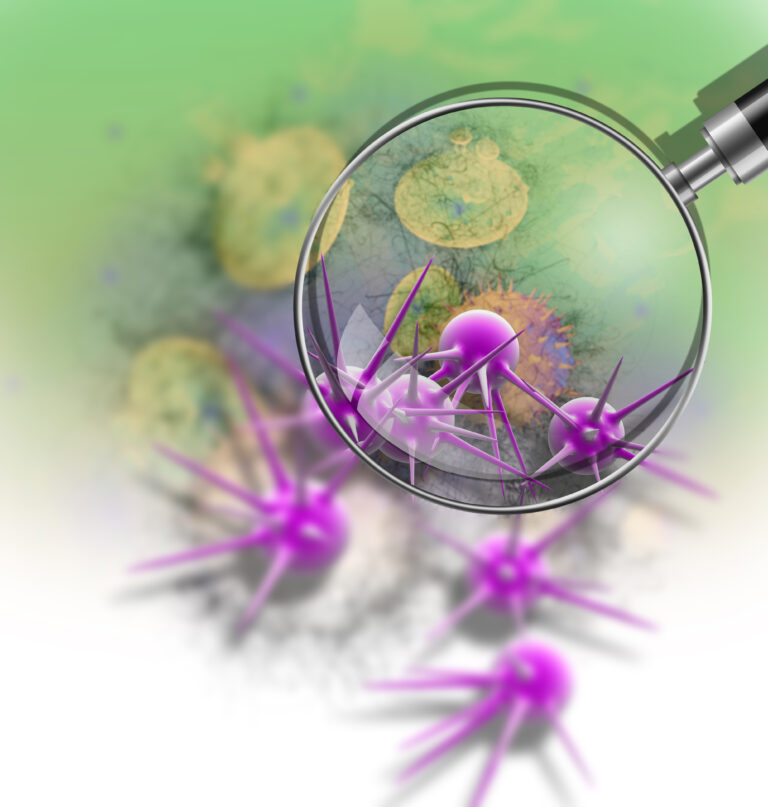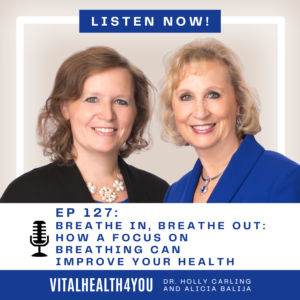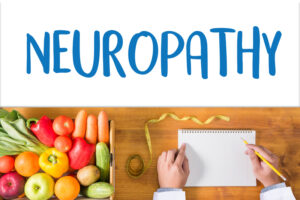Cancer is probably one of the most controversial subjects today. When doing research on cancer statistics, it appears cancer is on the decline. Yet the numbers of people we encounter that succumb to cancer is clearly increasing. How can that be? There are many answers to that question. One reason is that the types of cancers are now being redefined, re-categorized, and there continues to be a profound increase in “newly discovered” types of cancers.
For example, there is no longer just “breast cancer” there is ductal carcinoma (further categorized as invasive, tubal, medullary, mucinous, papillary or cribriform ductal carcinomas), lobular carcinoma, inflammatory breast cancer, Paget’s disease, phyllodes tumors, metastatic cancer and male breast cancer. That changes statistics.
The scientific consensus on cancer, however, is that at least 30-40% of all cancers can be preventable. Some argue it’s closer to 90-100%. If you consider there are between 3 and 4 million new cases of cancer each year, the number of people who could avoid cancer is astounding.
Within the realm of avoiding cancer there are different interpretations. For example, there is a difference between prevention and early detection. They are often confused. Early detection, for example, includes PAP smears, mammograms, thermography (an alternative method of breast cancer detection), colonoscopies, MRI’s, ultrasounds, lab tests etc. They are all looking for suspicious pathology. The sooner these are employed, theoretically, the sooner they will find the cancer – obviously, the smaller the lesion, the better the outcomes, generally. But this is not prevention.
Prevention is what I feel is much more important. It’s easier to prevent cancer than to treat it, although it entails awareness and some work.
To understand how we can prevent it, we need to understand what it is, and what causes it. First of all, cancer is normal, healthy cells that become sick. They change shapes and behaviors and are considered “aberrant cells”. A scientist back in the 1930’s made a statement relative to aberrant cells. He said “the cell is nothing, the environment is everything”. A profound statement indeed!
So what changes our internal environment that sets the stage for cancer to occur in the first place? Environmental toxins, inadequate nutrients in our diet, junk foods, tobacco and drug abuse, sedentary lifestyle, alcohol and others have been blamed. Many blame genetics, however, in the last 10 years or so our understanding of epigenetics – gene expression – has largely changed. Once thought we are stuck with the genes we inherited, we now know we can change our genetics.
Preventing cancer involves eating a diet rich in nutrients, avoiding processed and chemicalized foods and supplements, avoiding environmental exposures of known carcinogens, and addressing other health concerns before it gets to the point that the body is too sick to deal with other issues. Employing a health care strategy aimed at building the body’s defenses so that it can cure its own ailments is the best starting place I can think of.
©2012 Holly A. Carling, O.M.D., L.Ac., Ph.D.







